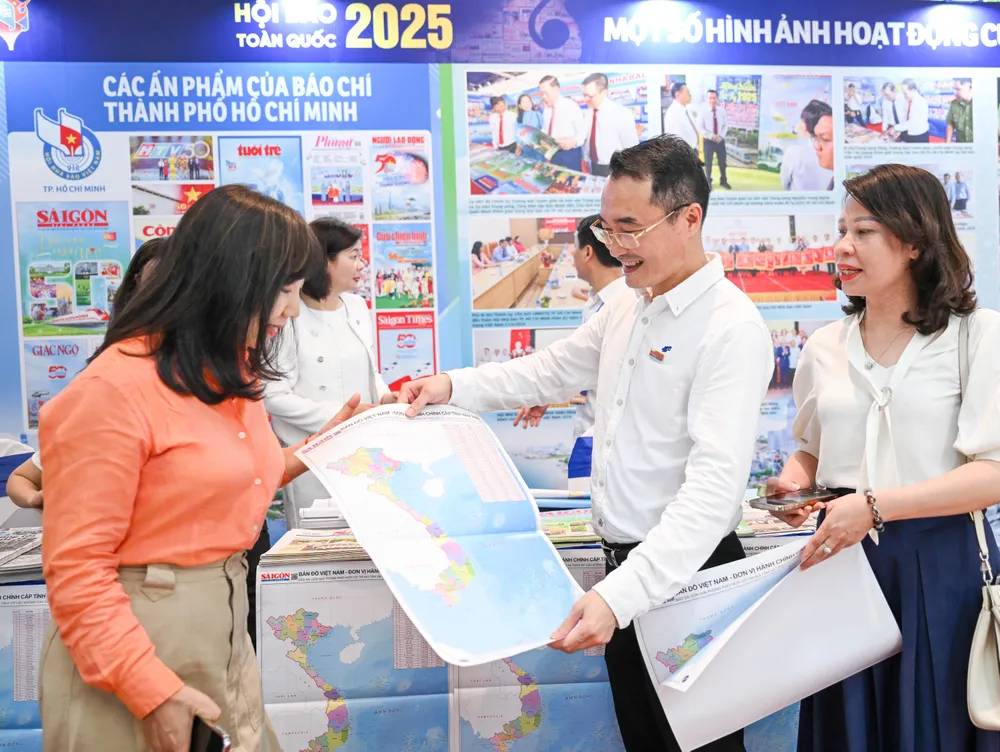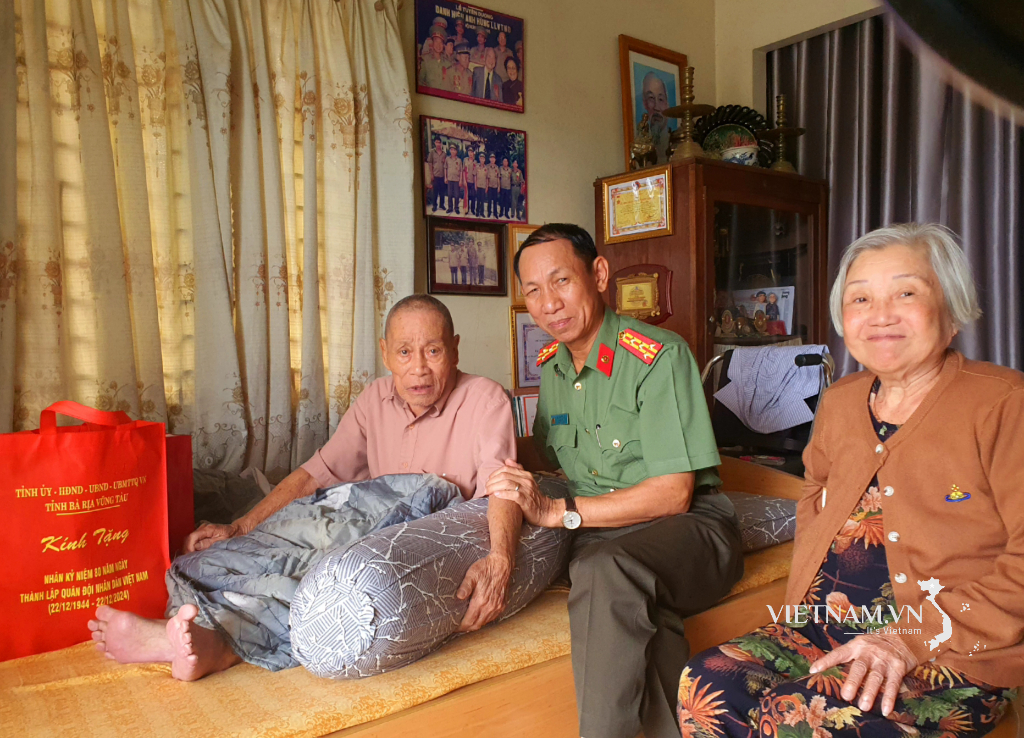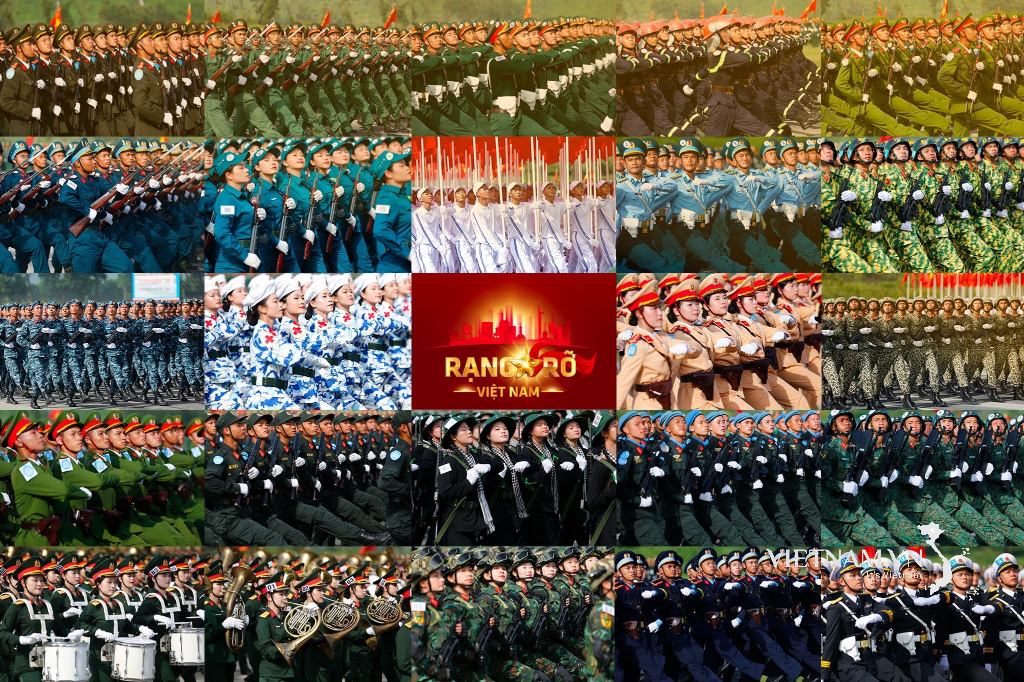In the revolutionary Vietnamese press system, politics is not only a content area but also the foundation guiding all activities. The 2016 Press Law clearly stipulates that the press must “propagate, disseminate, and contribute to building and protecting the Party's guidelines and policies, the State's laws and regulations, and the achievements of the country and the world…” (Article 4).
Therefore, politics serves as a guiding principle, ensuring that the press serves the national and ethnic interests.

The political role of the press does not mean it should be dry or dogmatic. It requires the press to accurately reflect issues based on the Party's guidelines and policies. At the same time, when reporting on political issues, it must be creative to attract the public, thereby strengthening faith in the leadership of the Party and the State. This role becomes even more important in the context of globalization, where information spreads rapidly and is easily distorted.
Over the years, the press has consistently been at the forefront of reporting and disseminating information about major political events, contributing to a better understanding of the country's development directions among the people. These articles not only provide information but also strengthen social consensus, clearly demonstrating the political role of the press.
Vietnamese media has also made significant contributions to the fight against corruption – a key political task of the Party in recent times – as well as providing extensive information on the restructuring and streamlining of the apparatus, aimed at promoting national development in the era of national progress.
However, maintaining political alignment currently faces numerous challenges. These include competition from digital media and fake news. Fake news about political issues, such as policies, strategies, or international relations, can easily mislead the public.
The press must maintain its political orientation to refute misinformation, while simultaneously providing timely and accurate news. If, due to pressure for speed and viewership, some newspapers sometimes pander to popular tastes, it will diminish the political role of the press.
It's crucial to strike a balance between propaganda and appeal. Political propaganda requires journalism to maintain its direction while simultaneously attracting readers. This is a difficult challenge, demanding creativity and courage from journalists.
That pressure stems from economic interests. Biased reporting or avoidance of sensitive issues for economic gain can undermine the political role of journalism. This requires journalists to possess professional ethics and unwavering commitment to prioritizing national and social interests over the interests of the newspaper and themselves…
To ensure the press maintains its political role, a comprehensive set of solutions is needed. For politics to be paramount, journalists must have a firm grasp of the fundamental issues in the Party and State's policies and guidelines, as well as the Party's operating and development principles. In addition, they must regularly update their information and knowledge regarding the evolution of those policies and guidelines.
At the same time, continued attention should be paid to professional training and ethical conduct to enhance the competence of journalists. Journalists themselves must always be creative in conveying political information, using accessible language and diverse presentation styles to attract young readers while maintaining political orientation.
Source: https://www.sggp.org.vn/chinh-tri-phai-lam-chu-post800330.html





































































































![OCOP during Tet season: [Part 3] Ultra-thin rice paper takes off.](/_next/image?url=https%3A%2F%2Fvphoto.vietnam.vn%2Fthumb%2F402x226%2Fvietnam%2Fresource%2FIMAGE%2F2026%2F01%2F28%2F1769562783429_004-194121_651-081010.jpeg&w=3840&q=75)







Comment (0)